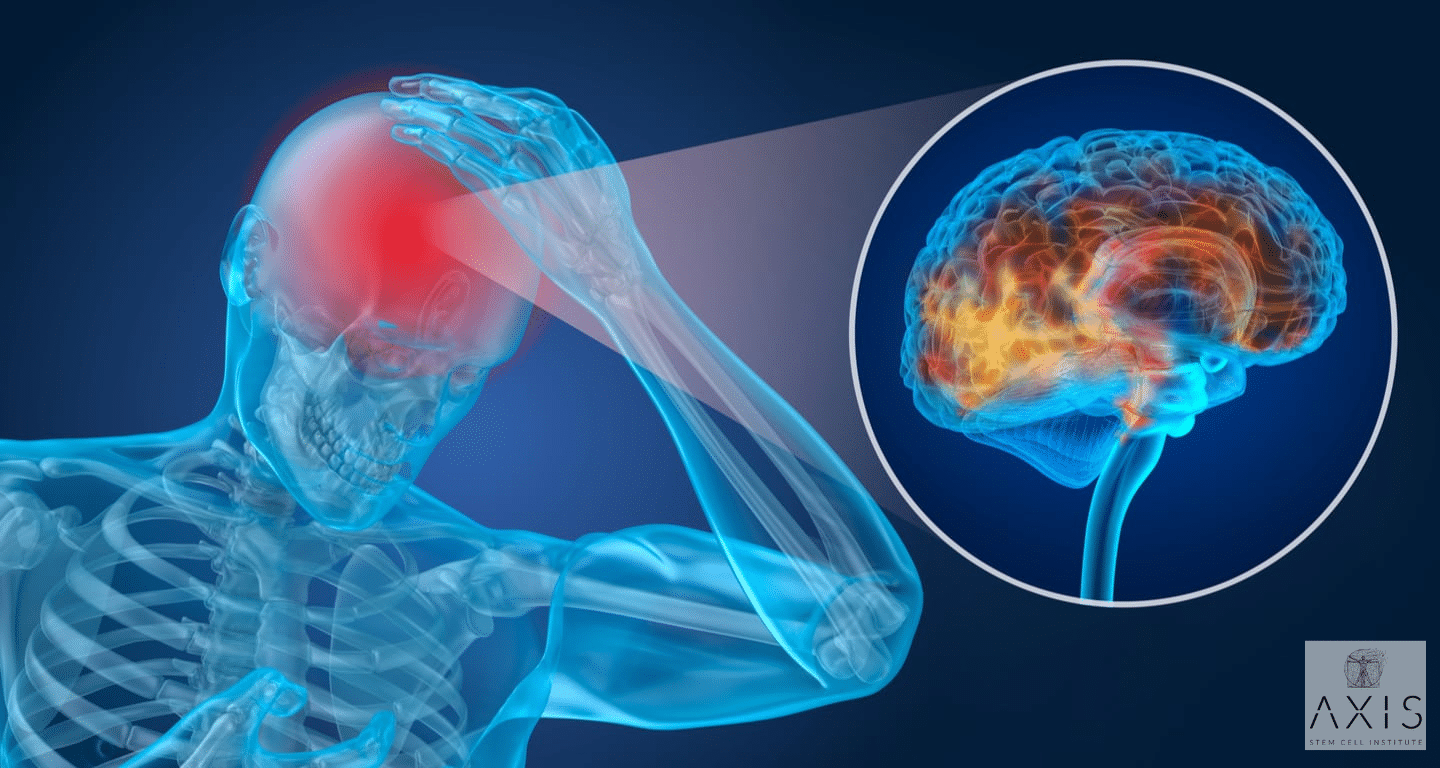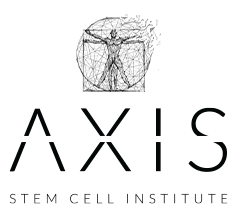Whether you’re a sports junkie or not, it’s likely that you’ve heard some of the discussion about sports concussions over the past few years. The issue was brought to widespread attention by a collection of studies performed in the early 2000’s that reached conclusions about football players’ long-term health when regularly sustaining blows to the head over the course of a career. This was most evident in retired football players who experienced symptoms of a type of brain injury called CTE, or chronic traumatic encephalopathy. However, there are many other known contact sports such as boxing, hockey, soccer, and professional wrestling that place athletes at risk for brain injury and many that experience symptoms because of it.
This isn’t just a concern that affects professional athletes, either. More recently, concerns have turned to early manifestations of brain injury in even high school-level sports. Unfortunately, we know too little about the brain and the injuries that affect it. One therapy that has shown promise, however, lies within the specialty of regenerative medicine— specifically in the use of stem cells for traumatic brain injuries.
What is a concussion and how does it happen?
Concussions are also known as mild traumatic brain injury, although the classification and definition is still under debate. It often happens when sustaining force during events like a car accident, sports injuries, or falls. Usually, these events produce enough force (either directly or indirectly) that the cerebrospinal fluid which normally cushions the brain can’t fully absorb the movement. This allows the brain to impact the inside of the skull, causing inflammation and disruption of the brain’s important functions.
What are the symptoms?
There are many different symptoms that can manifest quickly after a concussion. Physical symptoms usually include dizziness, vomiting, disrupted vision, difficulty balancing, tinnitus, and poor motor coordination. There can also be other incorporated symptoms like disorientation, amnesia, incoherent speech, and overall difficulty performing cognitive functions like concentrating and reasoning. While these symptoms often subside within days or weeks, sometimes long-term symptoms can manifest (called post-concussion syndrome) for months or years.
What is CTE?
CTE, or chronic traumatic encephalopathy, is the result of multiple concussions and minor traumatic brain injuries. The symptoms often manifest years after the initial injuries, however, they also share many similarities to the symptoms of dementia and Alzheimer’s. Unfortunately, the most effective way to diagnose CTE is through a tissue examination after death. This means the options for effective treatment method are low, and there is currently no cure for CTE.
Can stem cells help?
One area where stem cells show the most promise is in reducing inflammation in the brain after a traumatic brain injury. Often, inflammation is the most damaging aspect of an impact and causes the telltale disruption in cognitive functions after a concussion. Using stem cell intervention shortly after injury, one clinical study showed that it can reduce inflammation and preserve the important structures of the brain. Another aspect of stem cell therapyfor brain injuries shows they may be able to effectively regenerate tissues damaged by the impact of a concussion like neurons and cerebral tissue. It was thought for a long time that neurons don’t regenerate, and that each person has a set amount of them for life. However, it’s now thought that they do regenerate, just extremely slowly. This shift in understanding comes with the hope that we can now enhance and speed up this process.
Although many aspects of regenerative medicine are still under study, it’s possible that stem cells could be the treatment of choice in the future for preventing further damage and restoring cognitive functions after brain damage— not just in cases of concussion or injury, but in many other neurological conditions as well.
Schedule an appointment
When it comes to boosting cognitive function and reversing damage from trauma to the brain, stem cells can be an effective solution. At Axis we also offer therapies for many other neurological and neurodegenerative conditions. For a list of conditions check out our website! To meet with our stem cell experts and discuss your options for treatment, contact our Kirkland office by calling or filling out our online form.

